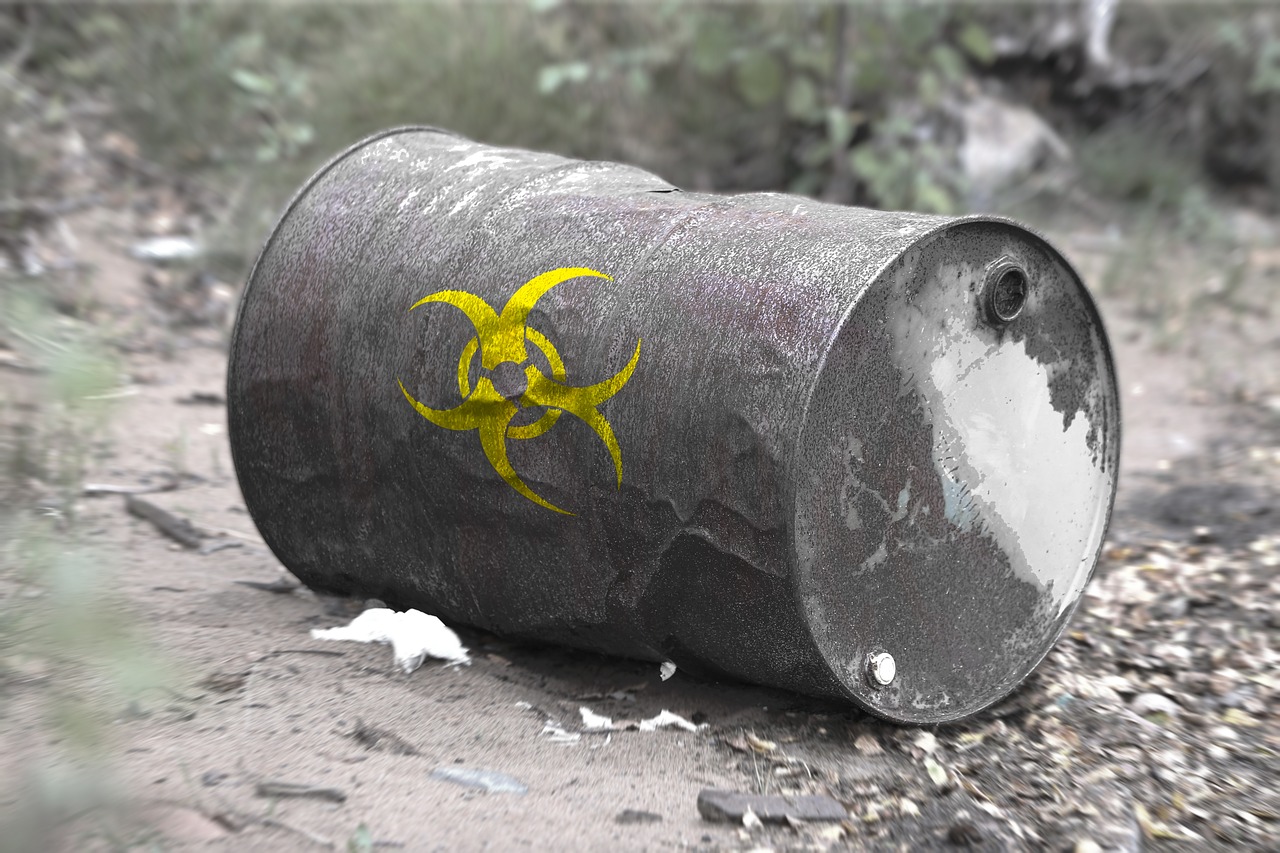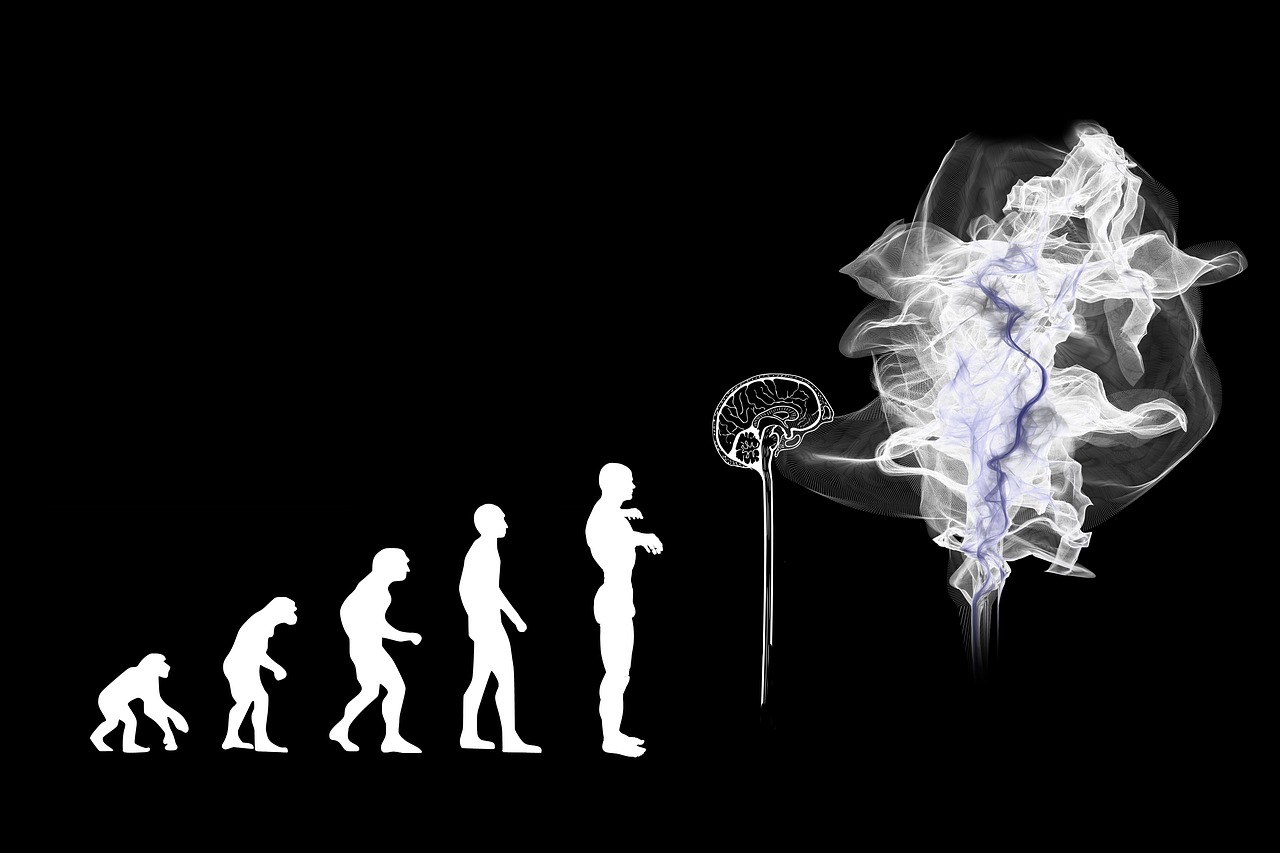The outbreak of the Manaus retrovirus was over and the government had lifted the emergency situation.

By Michael Akerib
The outbreak of the Manaus retrovirus was over and the government had lifted the emergency situation.
Rumors abounded that the virus had been developed in one of the military laboratories and that its release had the sole purpose of testing a vaccine. It did not quite make sense, as mass vaccinations are very expensive, even when done through tap water. Rumors, though, don’t have to make sense, do they?
The first deaths were those of passengers returning from holidays in exotic countries. Diagnosis had been difficult and, at the beginning, post-morten as patients rarely survived 48 hours.
Then there had been dead rats lying in the streets, then larger mammals – dogs, cats. Finally humans, but the death count was small – less than five percent of the population. Immunity – natural or acquired – had protected everyone else.
The epidemic had subsided by early winter and the country had gone back to its placid normality. Almost.
Werner Oberman, of the Zurich University Hospital, did not quite agree with this conclusion. In his opinion, the virus was lying dormant and undetectable in the body of its victims; in children particularly. In technical language, it was a transposon, He believed an intelligent mutation had occurred and that the choice of dormancy had been taken by the virus as a phase of its evolution. Evolution was the key word according to him as this transposon, he believed, was to lead the human species towards a new evolutionary pathway, perhaps a new species altogether, particularly if carriers of the virus reproduced faster than the rest of the population.
What the end result would be he was obviously unable to predict.
What Oberman had no way of knowing, was how stable was this DNA chain and how easily and rapidly the information it carried could be modified.
‘Immunity my eye,’ he told Rosie and James, his colleagues, at the cafeteria, stopping for a minute to eat the stuffed pancakes. ‘What the virus is doing is replacing some of the sequences of the DNA of the infected patients. Storing information there. Information that we should delete failing what it will spread by self-replication, and we will lack the means to contain it. We do not know what kind of mutants may result and what may be the ultimate result. We need to rapidly find a way of blocking these transcriptions.’
‘Werner is suffering from delusion,’ thought Rosie; and her thoughts immediately entered the Collective Memory and would, in time, be transformed into feelings or music and shared horizontally through the Transmission System. The System had evolved as ground-breaking progress was made in understanding neuronal structures and brain implants ensured brains worked more like memory cards.
The implants had a function which was originally believed to be purely auxiliary, but which was increasingly fine-tuned by the engineers at the Upper Cloud Center so as to better monitor, and above all optimize, the decision making process of the millions who had been lucky enough to have the newest versions of the implant.
Although Rosie still thought of it as the Transmission System, it had recently been renamed The Thoughtemplex by the new Chief Minister who had made it his top priority. It allowed everyone to share into the entire knowledge stream as it was formed and store it in the long-term memory. It was constantly vibrating as new ideas superimposed and piggybacked existing ones at a phenomenal speed, and the System evolved into a high-flux universe of its own. The Ministry’s paper made that very clear.
There had, of course, been critics of the system, claiming it led, sooner or later, to the abolishment of individual consciousness but they had neglected to take into account the fact that knowledge was ultimately transformed into feelings and music and allowed the entire population to live on the same rhythm.
Oberman seems to have neglected the mandatory embryo screening and DNA sequencing, she thought. What a gross mistake. He has obviously been unable to adapt to the world he had helped create. He had helped reason the opponents to the creation of the big DNA data bank. Staying in good health was more important than any element of privacy.
‘Failure of the kidney functions soon followed by cardiac arrest.’ Unusual for a teenager. Too many similar cases!!
Vincent was looking at the obituary statistics – his job at the Ministry of health – that the computer had processed. The computer had also suggested several possible treatments, but they had all failed.
Autopsy showed an unusual large number of astrocytes, the cells that make up the vast majority of the brain. He had never seen anything similar before – a new type of disease he was tempted to conclude.
Over the next weeks, an increasing number of teenagers died and the autopsies all showed the same proliferation of astrocytes. Sufficient, in any case, to lead to the conclusion that the health problems, and subsequent death, might well have a relation to this phenomenon. If the relationship was proven, a major problem would be finding a cure.
The government called it an emergency situation. Doctors and scientists were mobilized to understand the disease and identify a cure and the lights in the laboratories were never switched off. Public meetings were banned to prevent the possible spread of the disease through infection. An order for the entire population to stay at home was envisaged.
Although censorship on the Thoughtemplex was introduced, panic was spreading faster than the disease together with thoughts that the state was not doing enough to counter the epidemic. Here and there groups of citizens spontaneously met and agitated in the large squares of the country. Anxiety was felt at the top ranks of the state. The Chief Minister had to appear in public several times to dispel rumors of his death. Special decrees were issued whose content was nonsensical but the government felt that at least it showed their concern.
Economic repercussions were being felt – productivity, for one, was decreasing.
As the numbers of deaths increased, and as the doctors and scientists were unable to produce tangible results in their fight, the Chief Minister and his cabinet resigned.
The following morning the number of deaths dropped suddenly. Connection to the Thoughtemplex was impossible.
Oberman was wondering who was the creator of the virus and whether his sole aim had been to disable the Thoughttemplex. In a way he felt sorry for the end result. He had lost track of Rosie who had left the country when the disease had taken epidemic proportions. If the Thoughtemplex had been active he could have communicated with her – to tell her how right he had been.







